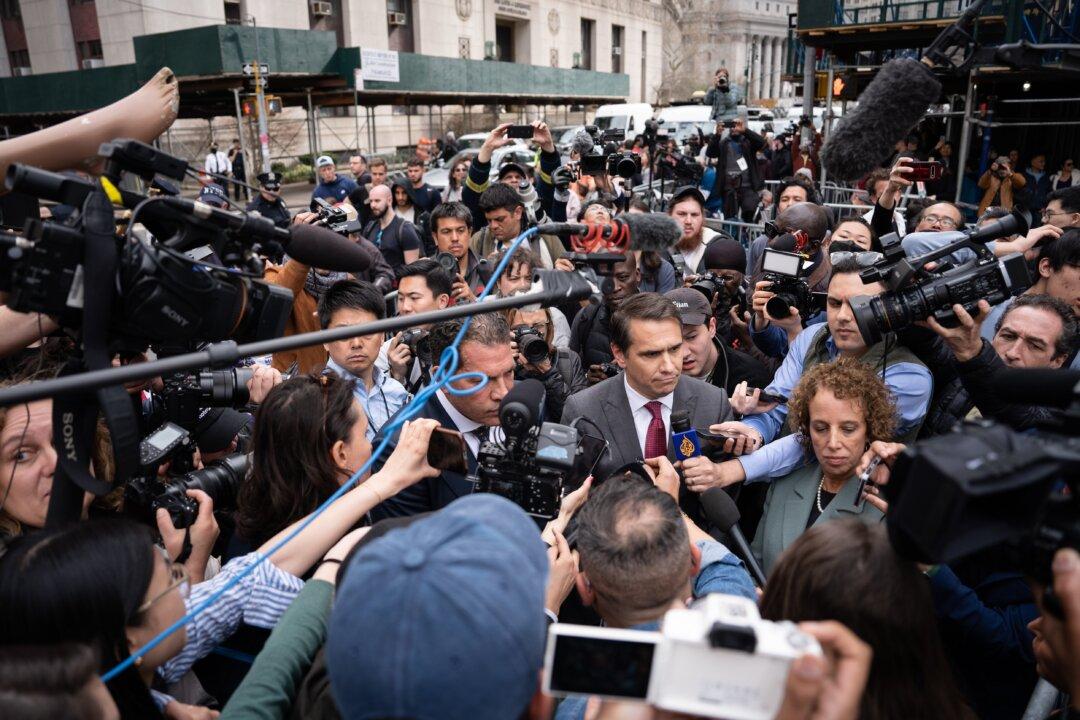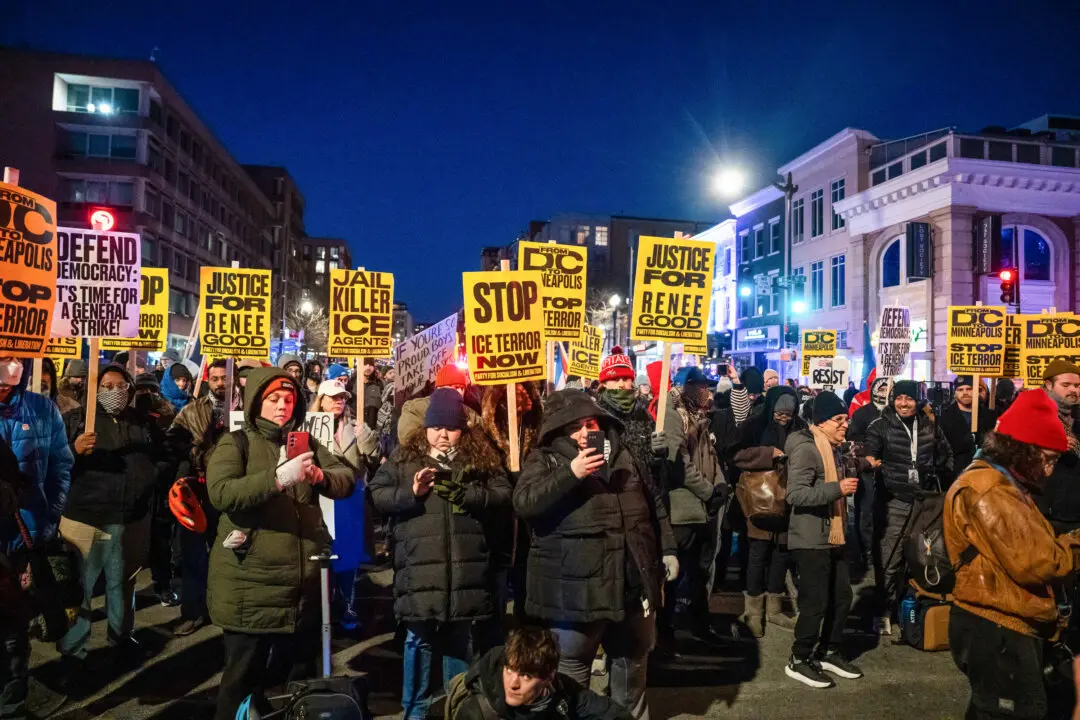The sheer number of counts—34 felonies—filed against former President Donald Trump is surprising and appears to be a classic example of a prosecutor “overcharging” a defendant, legal analysts said on April 4 in the aftermath of historic criminal proceedings against the 2024 presidential candidate.
New York prosecutors alleged that Trump directed his then-lawyer Michael Cohen to pay $130,000 in hush money to adult film actress Stormy Daniels weeks before the 2016 presidential election. Trump then illegally reimbursed Cohen for the payment under the guise of a monthly retainer for legal services, court filings allege, leading to 34 false entries in New York business records.





